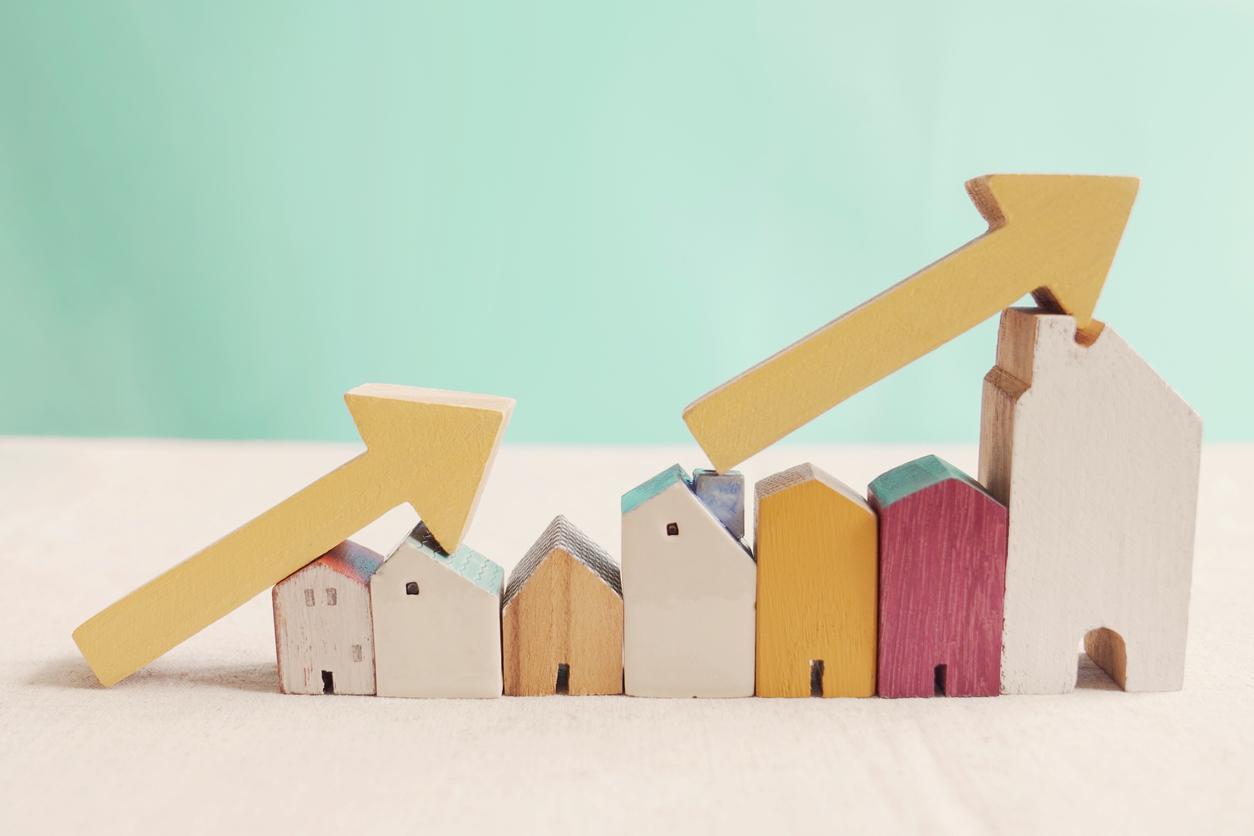
With Mortgage Rates on a Rise, Is It a Good Idea to Sell My House Now or Later?
In recent years, home buyers and sellers in the US have become quite spoiled — interest rates on mortgages have been “historically low” since 2016 when Freddie Mac said the average was 3.65%. Rates dropped even more during the pandemic, falling below 3% in 2020 and 2021. Rates dropped in anticipation of shoring up the economy and the housing industry when economists and the Federal Reserve were concerned that the Covid shutdown would slow growth.
For the first quarter of 2022, mortgage rates have risen to the 5% range, and prospective home sellers are asking themselves if these rising rates will impact selling their homes. If you’re considering whether to sell your house, there are other things to ponder besides a rise in mortgage interest rates:
- Are you selling because you want to or because you need to?
- What’s your plan for housing going forward?
- Are rates headed up or down?
Mortgage Rates Are Not the Most Important Factor for Buyers

Although a rise in mortgage rates affects the market when you sell your house, other factors are at least equally important to buyers.
Seller Expectations
Home sellers are not totally at the mercy of the ups and downs of the Federal Reserve. If you’re a seller and have worked with a real estate agent, you know how they insist that you spend thousands staging and updating your home to compete in a market where buyers are paying more for their money—you’re also at the mercy of a pushy real estate agent.
It’s human nature to want to maximize your investment and put a big price tag on your house when you’re ready to sell, but in many cases, sellers have an unrealistic view of the market.
Here is the reality. Although the average home price grew by double digits last year, 11% was the California average increase—that’s an average. This means that half the houses in the state did not grow that much in value. What’s more, in some areas, price increases have remained relatively modest. You can’t realistically expect a huge bump in value if your home is in good repair, including the roof, mechanicals, the plumbing is all working, and it is cosmetically appealing and updated and in a desirable neighborhood.
Reduced Buying Power

The chief economist for the National Association of Realtors, Lawrence Yun, predicts that home sales will decline about 9.5% in 2022 and lays the blame squarely at the feet of rising mortgage rates. The leading indicator for home sales, contracts signed but not yet closed, fell 1.2% in March. Yun says that the days of multiple offers are probably over, and the market will soon go back to “normal” conditions.
Why is this? Rising rates mean that the pool of eligible homebuyers is shrinking as rates rise, which means house payments are also higher. Buyers who qualify at a 4% fixed rate may have trouble when that rate hits 5%. They may need more time to save up for a bigger down payment or have to look in a lower price range.
On the Other Hand…
Some economists see rising rates as a non-event and the slowdown in sales as a natural market swing. When rising rates are accompanied by increasing salaries, a robust job market, and general economic stability, sellers can depend on a steady stream of potential buyers. Entry-level buyers may be more anxious to make an offer on a home before rates go any higher and they’re priced out of the market.
Rising Rates Aren’t an Issue for Cash Buyers
One class of buyers that is not concerned with rising or falling mortgage interest rates is an investor. These buyers are usually paying cash, which works to the benefit of both seller and buyer.
How Cash Benefits the Seller
When you get a cash offer, that comes with advantages because your buyer doesn’t have to qualify for a loan or fret over an appraisal. One problem buyers getting a mortgage face is that in an overheated market, they may offer more than the house is worth and run into problems if the home appraises for less than the purchase price. When this happens, the buyer has to come up with a bigger down payment, the seller has to reduce the price, or the contract is canceled. None of these options are good for anyone.
Investors are also looking to either rehab and rent or flip the house, so they are interested in wasting time and money on inspections—again, a plus for sellers. When a seller gets a cash contract, they are almost guaranteed a quick and easy closing since the financing gotchas aren’t in play. Finally, cash buyers don’t have to worry about making a larger down payment to afford the mortgage and won’t ask for financial concessions like help with closing costs to make the numbers work.
Offercity Has the System for Sellers
When you sell with Offercity, qualified buyers—the ones who pay cash—see your property and make the decision to make an offer. There are no showings, no arguing over repairs or leaving the grill and light fixtures with the house, and certainly no stress if rates tick up an eighth of a percent. When you sell your house through Offercity, we take the worry out of whether mortgage rates are on the rise or not.
Cash Buyers Consider It a Business Deal
One thing that sellers appreciate about our system is that the sale remains a business deal instead of the emotional rollercoaster ride you take when you list with a seller’s agent. When you choose Offercity as your iBuyer, you’ll get an offer and a closing within days—sometimes as few as 10 days from offer to close, with no contingencies or surprises.